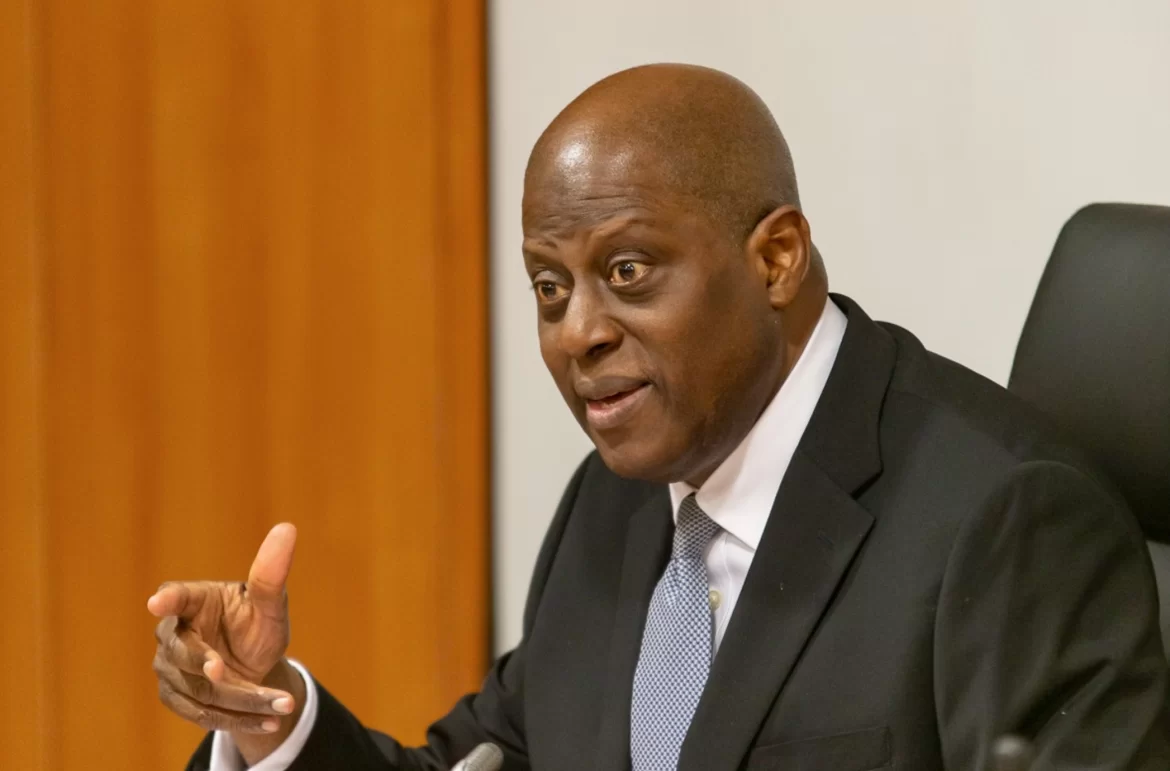742
Daniel Adaji
The Central Bank of Nigeria (CBN) spent N315.18bn managing currency in 2024—an over 300 per cent jump from the N77.67bn recorded the previous year—as the country battled a severe cash shortage triggered by the naira redesign policy.
The CBN’s latest audited financial statement revealed that currency issue expenses surged by 305.7 per cent at the Bank level. At the Group level, costs escalated even more dramatically, rising from just N1.11bn in 2023 to N238.65bn in 2024.
The apex bank attributed this increase to the operational strain of distributing, retrieving, and replacing currency nationwide during the cash crunch.
The naira redesign policy, introduced in late 2022, was intended to promote financial inclusion and reduce cash-related crimes. However, it led to widespread disruptions in cash circulation by early 2024. As a result, the CBN had to ramp up printing of new notes and retrieval of old ones, incurring substantial logistical and processing costs.
Currency issue expenses typically cover the printing, distribution, processing, and eventual disposal of banknotes. In 2024, the apex bank intensified its currency operations amid queues at ATMs and persistent cash shortages, even as it rolled out emergency measures such as mandatory ATM loading and public hotlines.
Despite these interventions, difficulties in cash access lingered throughout the year. The CBN launched a strict enforcement campaign targeting Deposit Money Banks (DMBs), many of which were found to be non-compliant with cash availability directives.
Three major banks—Guaranty Trust Bank, Fidelity Bank, and Access Bank—were fined a total of N192.68m for various infractions. GTBank faced the heaviest penalty at N160.40m, followed by Fidelity Bank with N27.28m and Access Bank with N5m.
The sanctions intensified in early 2025, as the CBN penalised nine commercial banks N150m each—totalling N1.35bn—for failing to ensure adequate cash circulation during the 2024 festive season. Affected institutions included First Bank, Union Bank, Zenith Bank, UBA, Fidelity Bank, Keystone Bank, Sterling Bank, Globus Bank, and Providus Bank.
Meanwhile, data from the CBN’s Money and Credit Statistics showed that currency outside banks grew by 49.3 per cent to N5.13tn by December 2024, up from N3.43tn the year before. Total currency in circulation also rose to N5.44tn—up 49 per cent year-on-year—with 94.2 per cent of that amount held outside the banking system, indicating strong public preference for physical cash despite efforts to promote digital alternatives.
The over 300 per cent spike in currency management costs underscored the fiscal impact of abrupt monetary policy shifts and logistical challenges in Nigeria’s currency framework. Yet, the CBN ended 2024 with a surplus, bouncing back from the N1.15 trillion deficit it recorded in 2023.
The bank credited the turnaround to tighter internal controls, improved diaspora remittances, better reserve management, and recoveries from past intervention programmes. Nigeria’s external reserves rose from $36.6bn in 2023 to $38.8bn in 2024.
Still, other operational expenses soared. Liquidity management costs tripled to N4.5 trillion, up from N1.5tn in 2023, as the CBN escalated Open Market Operations (OMO) to tame inflationary pressure driven by government spending.
Losses from settled derivative contracts also ballooned to N13.9tn as the bank worked to resolve inherited foreign exchange obligations.
The CBN maintained that despite the challenges, its 2024 financial report reflects deliberate reforms aimed at improving transparency, operational discipline, and long-term economic stability.



